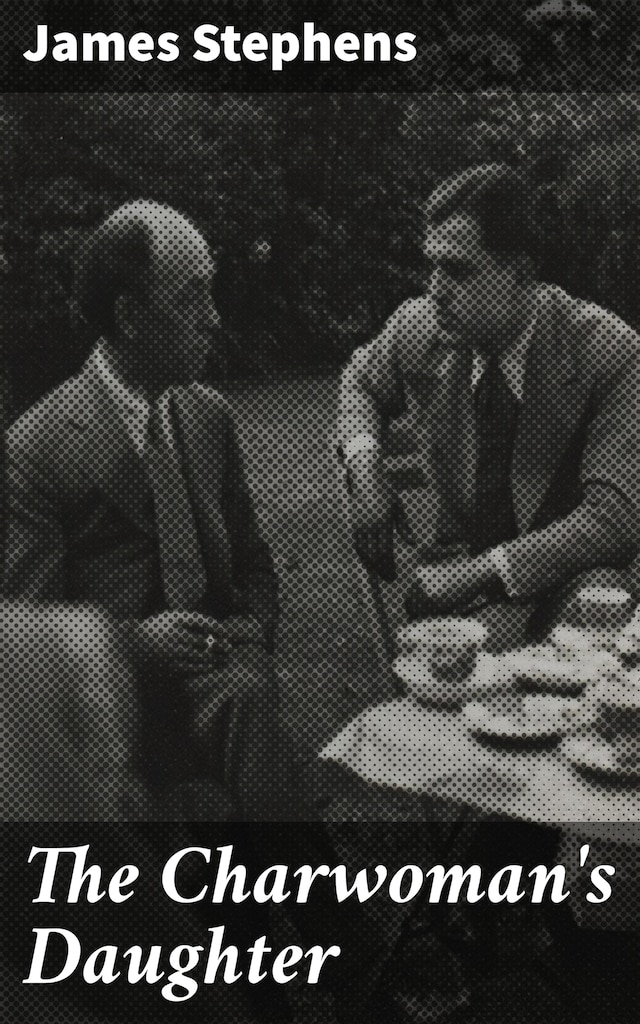
The Charwoman's Daughter
A Tale of Resilience and Hope in Working-Class Dublin
Description of book
In "The Charwoman's Daughter," James Stephens masterfully intertwines themes of social class, identity, and aspiration through the lens of early 20th-century Dublin. The narrative, replete with rich, lyrical prose, explores the life of a young woman, born to a charwoman, who yearns to transcend her impoverished upbringing. Stephens employs a distinctive blend of realism and poetic imagery, immersing readers in a vivid portrayal of Dublin'Äôs underbelly, while simultaneously contrasting it with the literary aspirations of the protagonist, creating an intricate tapestry of hope and despair within the socio-economic constraints of the period. James Stephens, an influential figure in the Irish literary renaissance, often drew inspiration from his own life experiences. Born into a working-class family, his intimate knowledge of hardship and aspiration informs this narrative, enabling him to delve deeply into the emotional landscapes of his characters. The author, known for his lyrical style and deep empathy, utilizes his background to craft a narrative that resonates with authenticity, illuminating the struggles and aspirations of those often overlooked in society. "The Charwoman's Daughter" is essential reading for those who appreciate nuanced character studies and the exploration of class dynamics. Stephens'Äô rich storytelling and thematic depth not only evoke a sense of time and place but also encourage readers to reflect on the complexities of social mobility and personal identity, making this novel a poignant venture into the human spirit.
 James Stephens
James Stephens 131 Pages
131 Pages